Airline flights are miserable enough without ear pain. Help your kids "pop" their ears so they stay as comfortable as they can on your next flight.
7 Ways to Soothe Your Kids’ Ears on Your next Flight
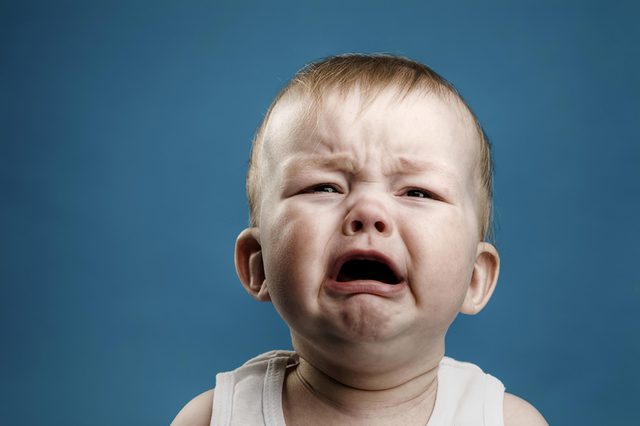
Know that it’s worse for them—especially on the way back down
Your baby isn’t being a baby when she’s screaming as you land—what you’re experiencing as a mild muffling may be excruciating pain for your kids. That’s just one of the 21 secrets to flying with kids that flight attendants and pilots want you to know. In fact, a 2007 study found that 22 percent of kids may experience ear drum damage due to the pressure changes on a flight, compared to only 10 percent of adults. “During ascent and descent in air travel, surrounding air pressure changes are equilibrated to the pressure in one’s ears through a small tube, called the Eustachian tube,” says Paul Bikhazi, MD, of EvergreenHealth Ear, Nose, Throat Care in Kirkland, WA. “Failure to accomplish this pressure equalization can lead to pain and a significant sense of ear plugging. Children and particularly babies can have underdeveloped eustachian tubes, increasing their risk of ear pain during air travel.”

Pack a snack for takeoff and landing
The act of chewing and swallowing can shift the ear enough to help the eustachian tube do its job. “For small infants, feeding can help, as the sucking and swallowing can help to equalize pressure more quickly,” says Karen Fratantoni, MD, MPH, medical director of the Complex Care Program at Children’s National Health System. Encourage older kids to take small bites of a snack, sips of a drink with a straw, or keep chewing gum throughout takeoff and landing to help equalize the pressure.
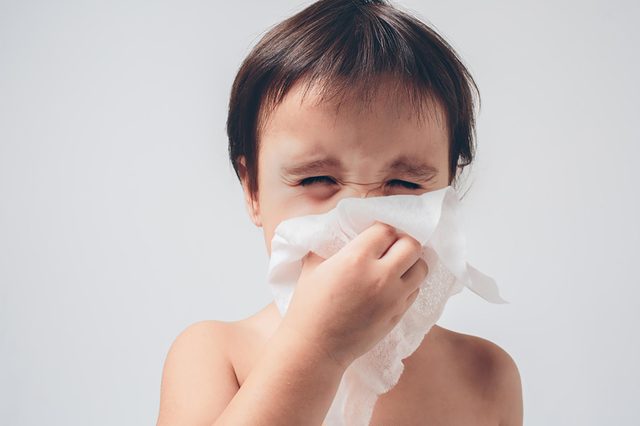
Clear up congestion
A stuffy nose could block the eustachian tube, making it more difficult for your child’s ear pressure to equalize. Try having an older child blow his nose, or using a saline spray to clear out mucus from your baby’s nose could reduce the impact. The jury is out as to whether antihistamines help—some studies have shown that adults may benefit, but kids may not be so lucky. “Medications such as Sudafed and Afrin are not clinically proven to prevent ear pain in children during air travel,” Dr. Bikhazi says. If you want to try it, give your child the proper dosage 30 minutes before takeoff or landing.
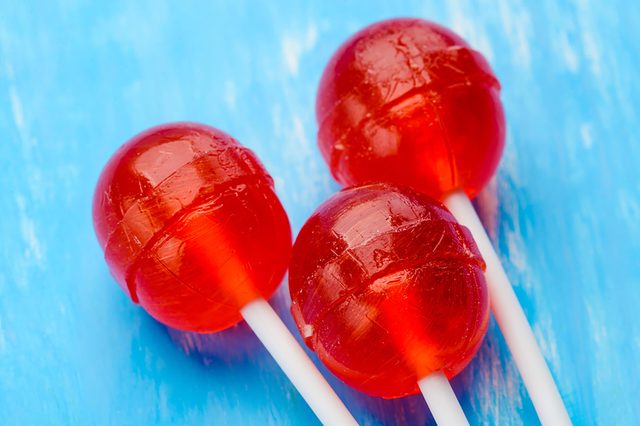
Try pacifiers and lollipops
The sucking motion can be just as effective as chewing and swallowing at helping the eustachian tube equalize the pressure. If your child is old enough, hard candy can work wondersl; for the very young, that pacifier can come in handy.
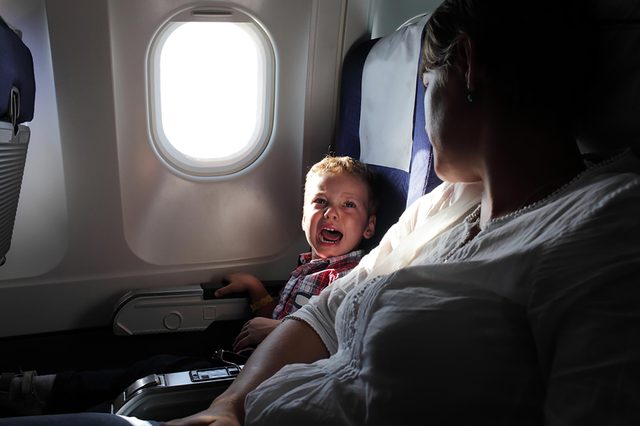
Let her cry it out
Crying babies may not have any fans on airplanes, but a little sobbing can help clear the ears. “Crying actually helps in the process of opening the eustachian tubes,” Dr. Bikhazi says. If you can bear it, let Junior wail.
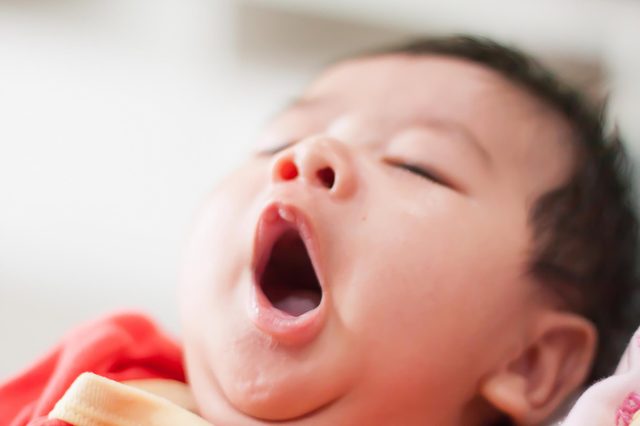
Try a little manipulation
Encourage older kids to yawn, stretch their mouth wide, or do the Valsalva maneuver—a technique that involves plugging your nose and swallowing or exhaling through the nose.
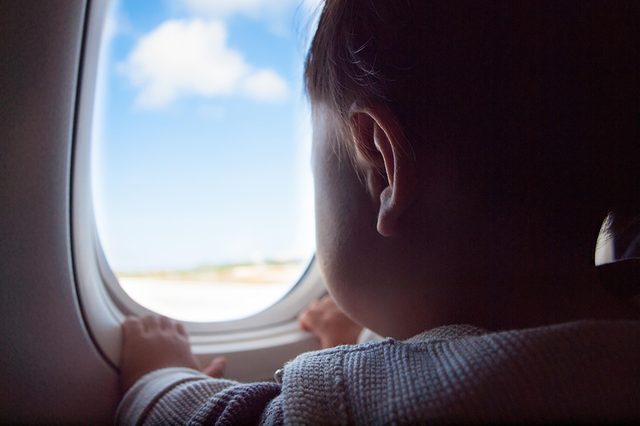
Keep your baby awake
It may be tempting to let sleeping babies and kids lie, but resist the urge. If your child’s asleep, she won’t be swallowing, chewing or yawning as much as she would otherwise. She could even be risking an ear drum injury.
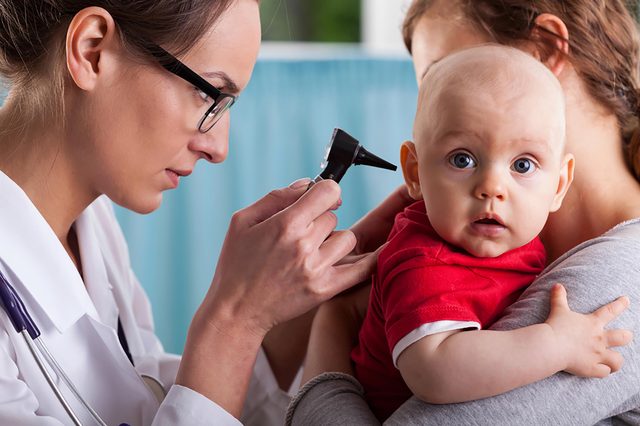
See a doctor before you fly if you suspect an ear infection
If your child has ear infection symptoms, check in with your pediatrician a few days before your flight. “If your child has an ear infection prior to air travel, they may have an increased risk of ear pain during their flight,” says Dr. Bikhazi. “In addition, there is a risk of ear drum rupture. If one’s child is sick or has an ear infection prior to air travel, they may require medical treatment with antibiotics prior to proceeding with your travel plans.”

















